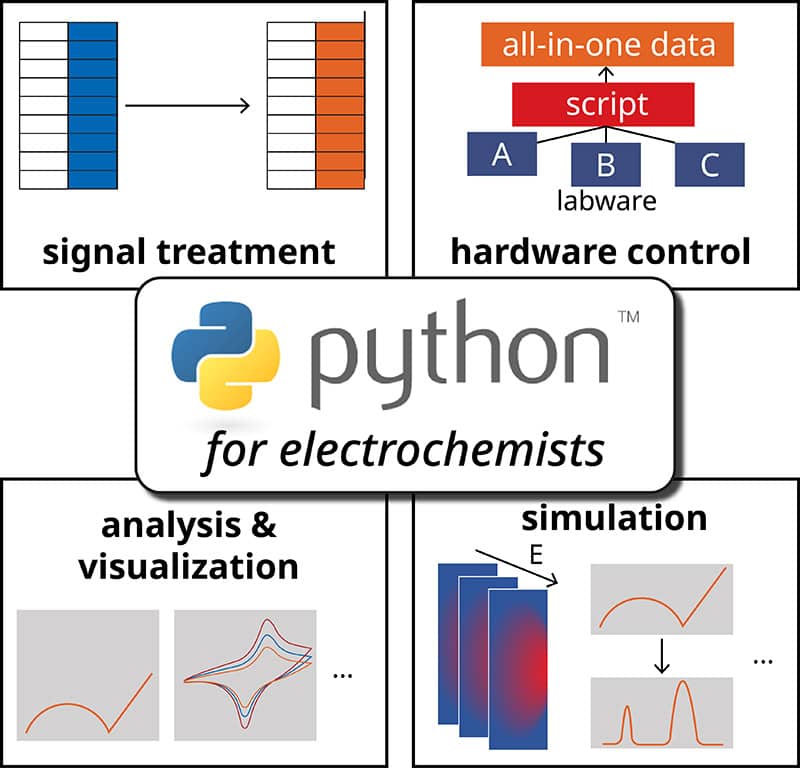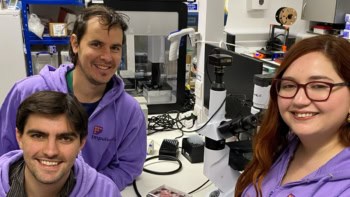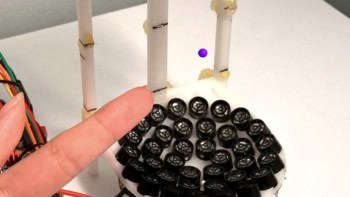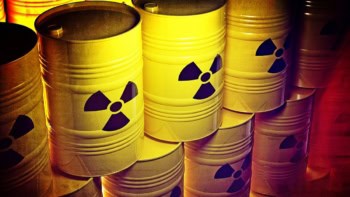Available to watch now, The Electrochemical Society, in partnership with BioLogic and Gamry Instruments, explores the advantages of using Python in your electrochemical research
Want to learn more on this subject?
To understand electrochemical behaviour and reaction mechanisms, electrochemists must analyze the correlation between current, potential, and other parameters, such as in situ information. As the experimental dataset becomes larger and the analysis task gets more complex, one may spend days sorting data, fitting models, and repeating these routing procedures. Moreover, sharing the analyzing procedure and reproducing the results can be challenging as different commercial software, parameters, and steps can be involved. Therefore, an open-source, free, and all-in-one platform for electrochemistry research is needed.
Python is an interpreted programming language that has emerged as a transformative force within the scientific community. Its syntax prioritizes readability and simplicity, allowing easy reproducing and cross-platform sharing. Furthermore, its rich ecosystem of community-provided packages enables multiple electrochemical tasks, from data analysis and visualization to fitting and simulation.
This webinar presents a general introduction to using Python for electrochemists new to programming concepts. Starting with the basic concepts, Python’s capability in electrochemistry research is demonstrated with examples, from data handling, treatment, fitting, and visualization to electrochemical simulation. Suggestions and resources on learning Python are provided.
An interactive Q&A session follows the presentation.
Want to learn more on this subject?

Weiran Zheng is an associate professor in chemistry at the Guangdong Technion-Israel Institute of Technology (GTIIT), China. His research focuses on understanding the activation and long-term deactivation mechanisms of electrocatalysts from an atomic scale using operando techniques such as spectroscopy and surface probe microscopy. He is particularly interested in water electrolysis, ammonia electrooxidation, and sensing. His research also involves a fundamental discussion of current experimental electrochemistry for better data accountability and reproducibility. Weiran Zheng received his BS (2009) and PhD (2015) from Wuhan University. Before joining GTIIT, he worked as a visiting researcher at the University of Oxford (2012–2014) and a research fellow at the Hong Kong Polytechnic University (2016–2021).







